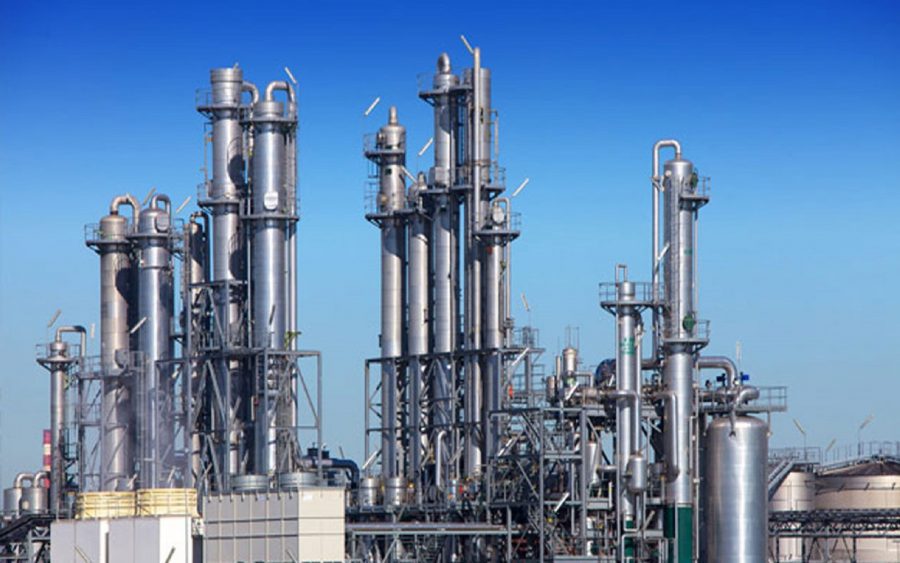Long before the 2020 date that has been set for Dangote Refinery’s commencement of operation, its major competitors have been identified. Interestingly, the competitors are not some major refineries owned by some of the world’s biggest energy companies. Instead, they are modular refineries.
A recent Bloomberg analysis described the Government-backed modular refineries as ‘a swarm of tiny challengers’ which Africa’s richest man, Aliko Dangote, would have to contend with as he prepares to launch Dangote Refineries.
Mr Dangote has put down some billions of dollars in what can best be described as a strategic and timely investment in the Nigerian oil and gas sector; building a world-class, state of the art refinery (the biggest in Africa), which is expected to refine as much as 650,000 barrel of crude per day.
Nigeria is trying to solve a long-standing problem once and for all
The Nigerian Government is trying hard to solve its long-standing problem of over-dependence on fuel importation. This has become a source of disgrace to the oil-rich OPEC member whose state-owned refineries are non-functional.
It is expected that by 2020 when Dangote’s eagerly-awaited refinery project is finally completed, it would go a long way in solving this problem.
In the same vein, the modular refineries could also go a long way in solving the problem. Already, the Federal Government has licensed about forty of such refineries, ten of which have reached advanced stages of development.
As we reported, the Government’s commitment to the modular refinery project informed its recent decision to borrow some $500 million from the Export-Import Bank of China (CEXIM). With these developments, it has been projected that Nigeria could end up exporting about 300,000 barrels of refined petroleum product by 2019.
Why the modular refineries pose a threat to Dangote Refinery
In the meantime, two of Nigeria’s newly-licensed modular refineries have already commenced work, refining about 17,000 per day. Many others are expected to operate in this capacity, with the least producing about 1,000 barrels on a daily basis.
As the Bloomberg analysis surmised, these small refineries’ collective output could potentially “surpass Dangote’s giant facility” by the time they are all ready.
Meanwhile, Dangote Refinery is already well-positioned to operate profitably. Moreover, the competition does not really matter. According to Ibe Kachukwu:
“If we succeed in stopping the importation of refined petroleum products, something I’m very committed to, we will be saving 30 to 40 percent of the foreign exchange in this country.” – Kachukwu











